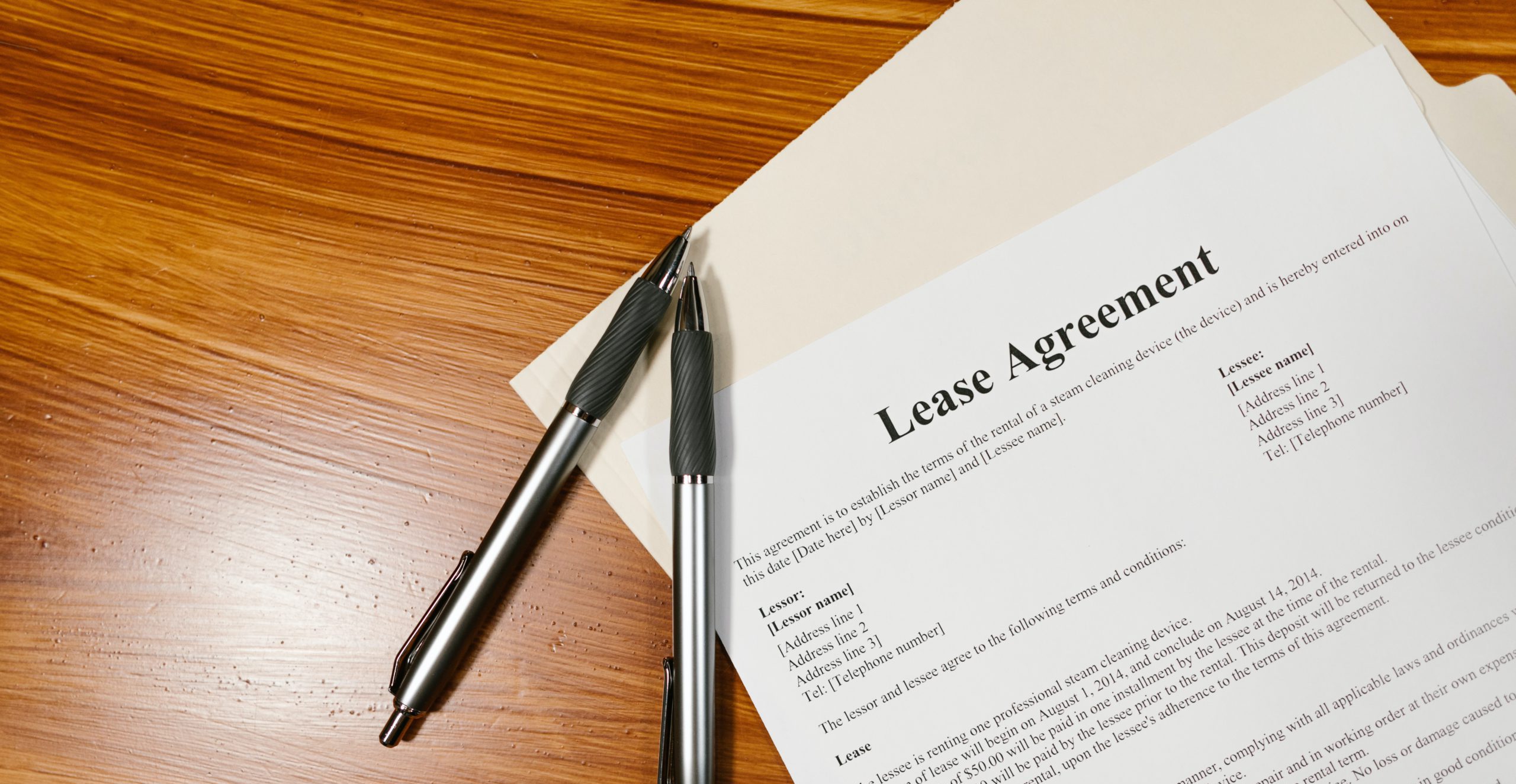Tenants and landlords need to understand that a rental lease agreement is a legally binding contract. When renters sign leases, they usually have every intention of staying in the rental through to the end of the lease term. However, life may have other plans. It isn’t easy to break a lease, and legal consequences may follow. There are things every renter and every landlord should know about breaking a lease. With this in mind, here are some of the factors that may influence your ability to break a lease.
Early Vacate Clauses in a Lease
Every lease should contain an early termination clause, which outlines valid reasons for and procedures for breaking a lease.
Some rental contracts allow tenants to get out of a lease due to life-changing events. These might include the death of a partner, military reassignment, or divorce.
Leases might also include a “rent-responsible clause” that states that a tenant who moves out early is still responsible for paying rent until the landlord finds a new tenant.
There might also be a “buy-out clause” that requires tenants to pay an extra month of rent or a penalty fee if they plan to move out early.
Consequences of Breaking a Lease
While there are certain conditions under which a tenant can legally break a lease, the potential ramifications of doing so illegally can be severe.
Some of these include:
- Heavy fines and financial penalties
- Impact to their credit score
- Lawsuits
- Difficulty getting approved for a new lease
A good rental lease will always have consequences outlined in the early termination clause.
Heavy Fines and Financial Penalties
As previously stated, a tenant who breaks a lease early may have to continue to pay rent until the landlord finds a new tenant. They may also be legally obligated to pay an extra month of rent as a penalty to defray costs the landlord incurs from a tenant leaving.
Credit Score
If a judge rules against a tenant in court, a credit judgment could be issued. This is an order that requires a tenant to pay out the rest of the lease, and it becomes public record on a tenant’s credit report, negatively affecting credit scores for up to seven years.
Lawsuits
If you’re a landlord and a tenant breaks a lease, you can take the tenant to court and file a civil lawsuit for the remaining balance of the rent that is still owed. If a judge rules against the tenant, they will be required to pay out the debt.
Difficulty Getting Approved for a New Lease
Breaking a lease can bring down a tenant’s credit score by up to 50 points. It’s enough to affect their ability to rent a new apartment or to get a loan.
In addition, most properties require the contact information of previous landlords. If a tenant has broken a lease, the offended landlord isn’t likely to give a good recommendation.
Penalty-Free Reasons to Break a Lease
There are some very good (and legal) reasons for legitimately breaking a lease. These include:
- Landlord’s non-compliance with local health and safety codes
- Landlord who violates the tenant’s privacy
- Tenant is active-duty military
- The rental is illegal
- The tenant is a victim of domestic violence
- The tenant violates the lease
This is not a comprehensive list of reasons, but they represent some of the most common reasons why a lease can be broken.
What to Do if a Landlord Breaks a Lease
If a landlord needs the tenant to leave early, they are required to serve the tenant a notice to vacate. If the landlord breaks the contract without cause, tenants can take legal action against them in court.
A landlord can only legally break a lease for a valid reason, like when a tenant violates the terms of the lease first.
What to Do if a Tenant Breaks a Lease
Any time a tenant plans to break a lease, they are required to give proper notice of intent to vacate the premises. Failure to do so in itself constitutes a lease violation. If you are a landlord with a tenant who has broken a lease, make sure their reasons are not legally protected before pursuing legal action.
A lease can restrict the actions of a landlord and a tenant in many ways, and it’s crucial that both parties fully understand all aspects of this legally binding contract before entering into a landlord-tenant relationship.










